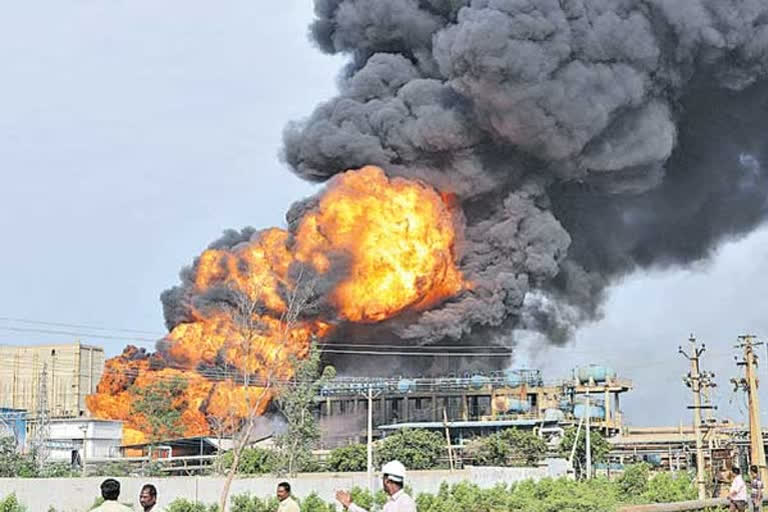Hyderabad:Greatly helpful if used in the right way, electricity can be equally dangerous in case of oversight. As the second wave continues to rage the country, hospitals are flooded with patients. With round-the-clock use of ventilators, air conditioners and other appliances, the power systems in hospitals face massive overload, leading to electrical hazards.
Failure to comply with standards prescribed in Article 517 of the National Electrical Code (NEC) is also a cause of these accidents. On the directive of the Central Electricity Board, the Electrical Department is going to organize an Electrical Safety Week from May 1 to 7 to inculcate safety consciousness.
Electricity is the lifeline of modern society. One-tenth of an ampere of electricity can kill a human being in seconds. According to the National Crime Records Bureau (NCRB), there have been 22,442 electrical accidents in India in 2019, in which 13,432 people died. Of these, 908 happened in Andhra Pradesh and 735 in Telangana. In addition, another 1,990 people lost their lives due to short circuit incidents.
On average, 43 people are exposed to electrical hazards per day. It is disturbing that most of them are farmers and manual workers. The Central Electricity Authority (CEA) estimated that 15 animals die every day in electricity accidents.
16 patients and 2 nurses were killed in a recent accident at a hospital in Bharuch, Gujarat. Since August, 93 people were killed in fire accidents across 24 hospitals in the country.
Also Read:Mumbai's COVID patients with mild symptoms to be treated in 5-star hotels
Most of the deceased were COVID-19 patients. All these accidents have taken place over the past two months. Hospitals and medical fraternity are overburdened during the current second phase. Overworked ventilators and increase in the number of ICU beds is also becoming a risk factor.
The wiring system in the hospital should be set up as planned during the construction phase itself. The main power supply wires must be connected to all floors through special route. Transformers and generators should not be near patient rooms under any circumstances. A special transformer without voltage fluctuations should be installed in the operation theatres.
Rooms with critical cases should have an alternate power supply. Appropriate training should be given to medical staff on how to use all types of testing equipment. High-load devices such as AC, geyser that run continuously should be monitored daily. Due to the shortage of electrical engineers in most of the hospitals, there are no effective inspections. Many of the chemicals used in hospitals are highly flammable.
